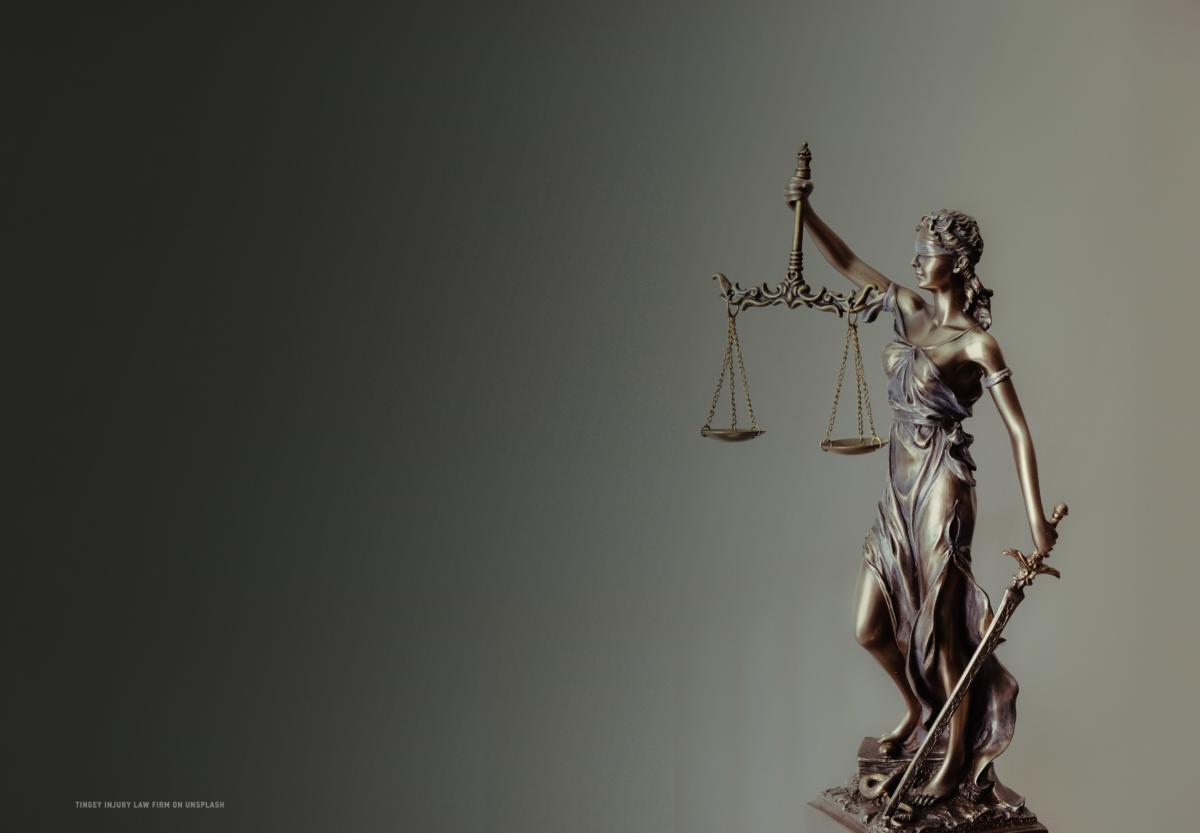

On June 22, 2020, Volodymyr Zelenskyy filed with the Parliament draft law No. 3711 on amendments to the Law of Ukraine “On Judiciary and the Status of Judges” and certain laws of Ukraine concerning the activity of the Supreme Court and judicial governance agencies.
This draft law aims at defining the basic principles under which the judiciary is supposed to function; however, certain points have already caused public outrage.
Let’s figure out why.
Strengthening the Role of the High Council of Justice
Currently, there are two institutions, the High Qualification Commission of Judges and the High Council of Justice. The HQCJ organizes competitive recruitment for the positions of judges.
The HCJ performs the functions of control and oversight.
Draft law 3711 would make changes to this balance.
The draft law proposes to significantly strengthen the role of the HCJ in the formation of the judiciary. Here’s a brief overview of the main changes.
The number of judges in the courts and appeal chambers of high specialized courts will be determined not by the State Judicial Administration in agreement with the HCJ, but by the High Council of Justice at the motion of the SJA.
The HCJ will also account for a number of issues around the competitive recruitment and preparation of candidates. For instance, it will coordinate the form and content of procedural documents (such as a questionnaire for potential judges). It will also approve, at the motion of the HQCJ, the procedure of the qualification exam for the position of a judge and its assessment methodology.
The same applies to the Regulations on Competitive Recruitment for the Position of a Judge, the Procedure and Methodology for Qualification Assessment, indicators of compliance with the criteria for qualification assessment and the ways of establishing them.
The HCJ will select 3 members of the selection board to hold the competition for a vacant position of a HQCJ member among those selected by international organizations which provide Ukraine with technical assistance or conduct their activity in the spheres of justice and/or judicial power and/or corruption prevention and counteraction. Thus annihilates the very role of international experts, since it enables any organization registered abroad to nominate its representatives.
The Integrity and Ethics Commission under the HCJ will be dissolved. This is evidenced by the exclusion of article 28-1 from the text of the Law of Ukraine “On the High Council of Justice.”
Supreme Court Status: Changes Again
The restriction on the number of Supreme Court judges will be restricted (currently the limit is 100 people).
The Supreme Court of Ukraine is terminated as a legal entity through reorganization by merging with Supreme Court with the respective consequences stipulated by the law.
Judges of the Supreme Court of Ukraine are transferred to the Supreme Court into the cassation court of the jurisdiction which corresponds to the judicial chamber where the judge worked with the Supreme Court of Ukraine. The judges also have to undergo qualification assessment within one year of their transfer.
The procedure and methodology of the qualification assessment of such judges and compliance indicators are approved by the High Council of Justice at the motion of the High Qualification Commission of Judges of Ukraine. If a judge is found to be unfit for office based on the criteria of qualifications, professional ethics or integrity, or if a judge refuses to undergo the assessment, this serves as the basis for dismissal.
Thus, the HQCJ as a judicial agency completely loses its legal independence, which threatens the independence of the entire judicial branch.
Conclusion. Granting the HCJ powers to form the judiciary does not make sense considering both its primary oversight function and its factual ineffectiveness.
It makes more sense to first reform the HCJ, clearly defining its legal status and guarantees of its independence, and then to balance the powers within the judiciary.
It is also worrying that all Supreme Court of Ukraine judges are automatically transferred to the new Supreme Court. While the draft law does establish certain filters, the assessment process will be managed by the High Council of Justice. Therefore, the process may not be effective.
We emphasize that in order to reform the judiciary, we must first ensure the institutional and organizational effectiveness and independence of the bodies that will assess current judges and recruit new ones. If this is not done, any judicial reform will be brought to a halt by the fact that the unreformed HCJ will keep forming new courts which are in no way different to their predecessors.
It should also be noted that reforming the High Council of Justice as an institution with unproved efficiency is among Ukraine’s international commitments to the International Monetary Fund.
The analysis has been prepared by TI Ukraine’s legal advisor Serhii Kurinnyi.






